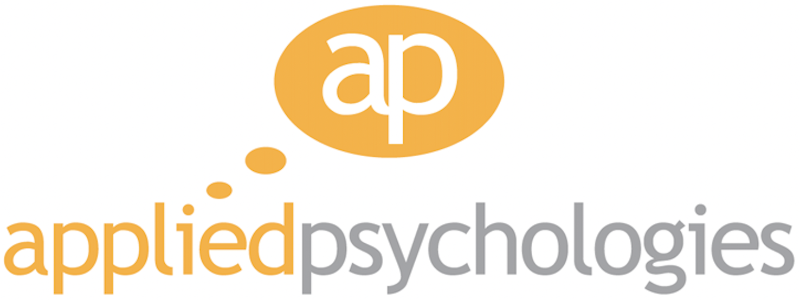Today we launch our translated ‘about educational psychology‘ pages, a jointly funded project that will help more people understand what EPs do, how they do it, and how our work can help them.
The original ‘about educational psychology’ page was written with contributions from eleven EPs working across different contexts (LA, private, community interest company, University) and now these translated pages further draw on the innovation and commitment from the EP community.
To the best of our knowledge this is the first time that accessible, translated information about the EP role (written by EPs) has been made freely available to the entire community, for the benefit of children and families who speak some of the most common languages in the UK*.
Translations freely available to all
The key thing to communicate is that these translations are now here, ready, accessible and usable to anyone who wants to.
These translations can be used by individual EPs, EP services, schools, SEN Support services and any other organisations who work with EPs, and families where Polish, Panjabi or Urdu are the first or preferred languages.
The translations mirror our ‘About educational psychology’ English pages and describe:
- the broad range of work EPs do
- the different contexts that EPs work in
- the importance of spending time understanding ‘the problem’ and working together
- EP reports and brief information about the EHC process
- the individualised and holistic nature of EP assessment including:
- having conversations (consultation)
- gaining children’s views
- observation
- cognitive assessment (psychometric and dynamic)
Who funded this project
Translations were jointly funded by Applied Psychologies, Aspen Psychology Services, EdPsychEd, TW Educational Psychology, Waite Psychology and edpsy.
* If there are other translated resources that describe aspects of the EP role, do let us know as it would be fantastic to share them







